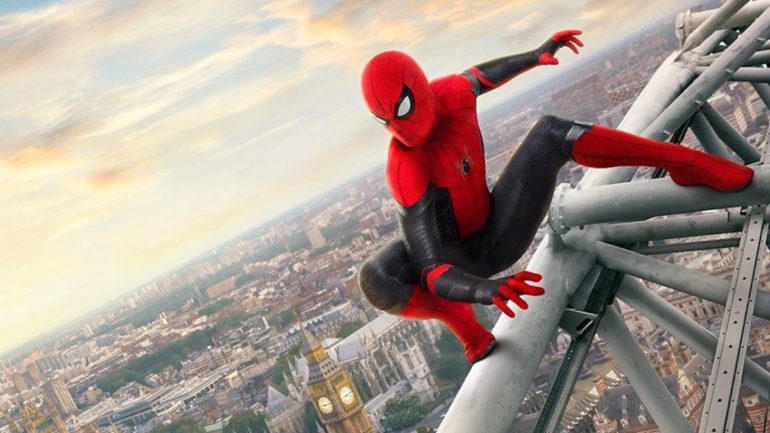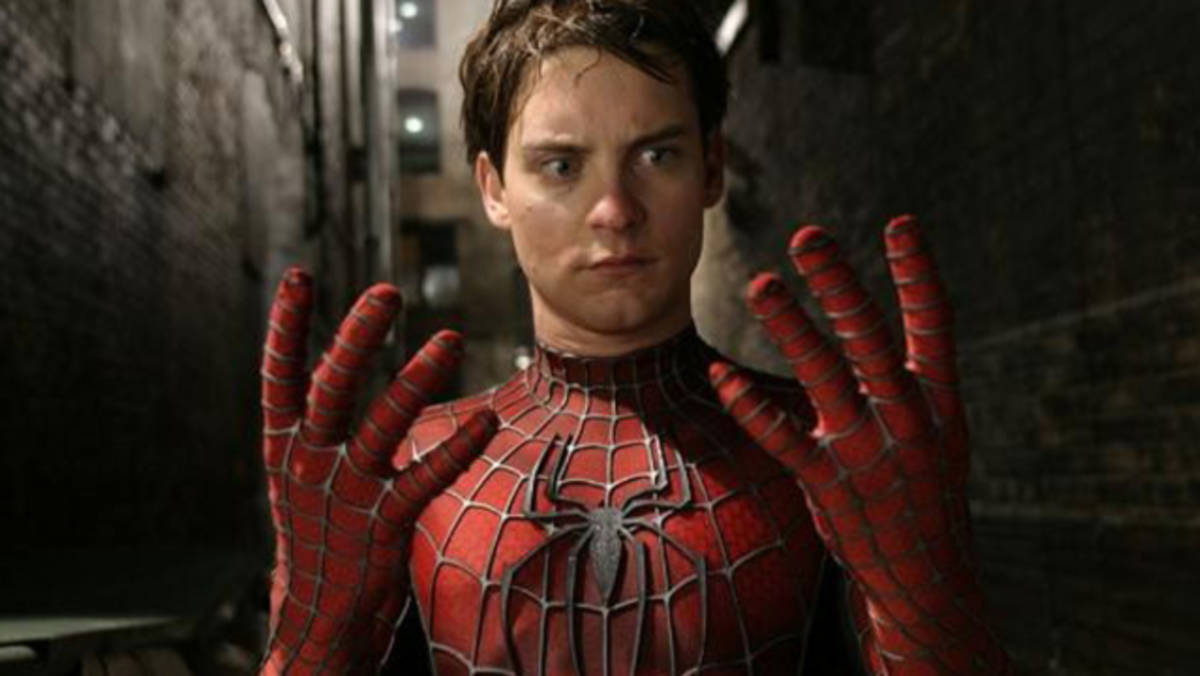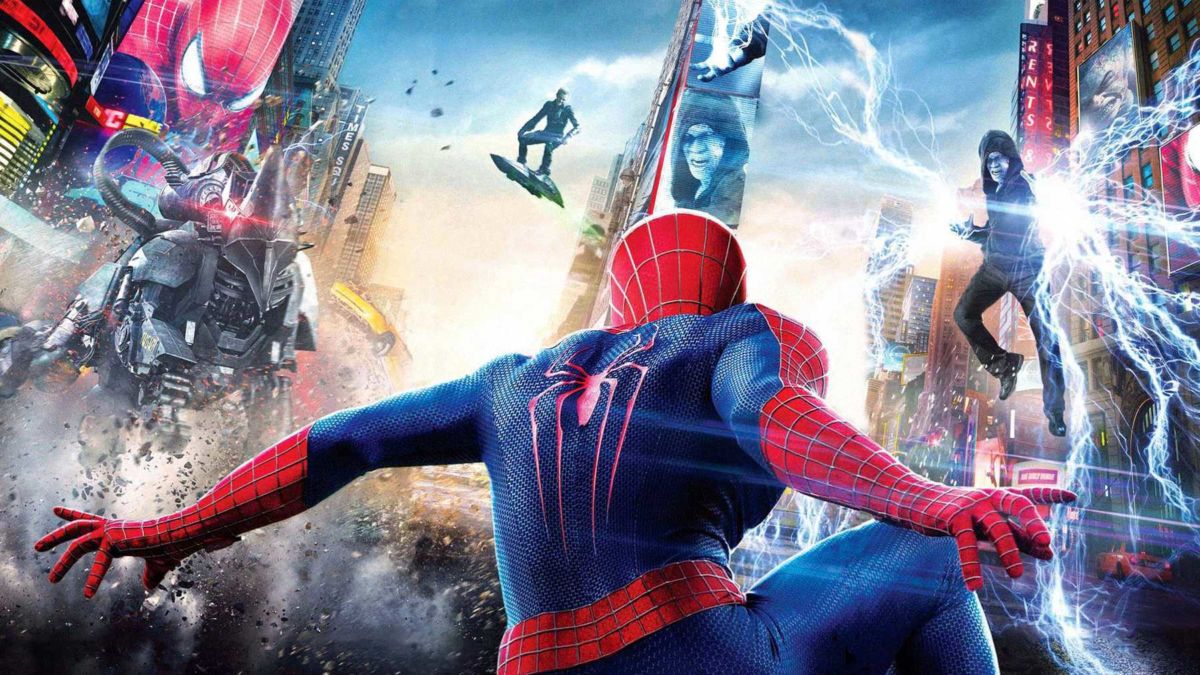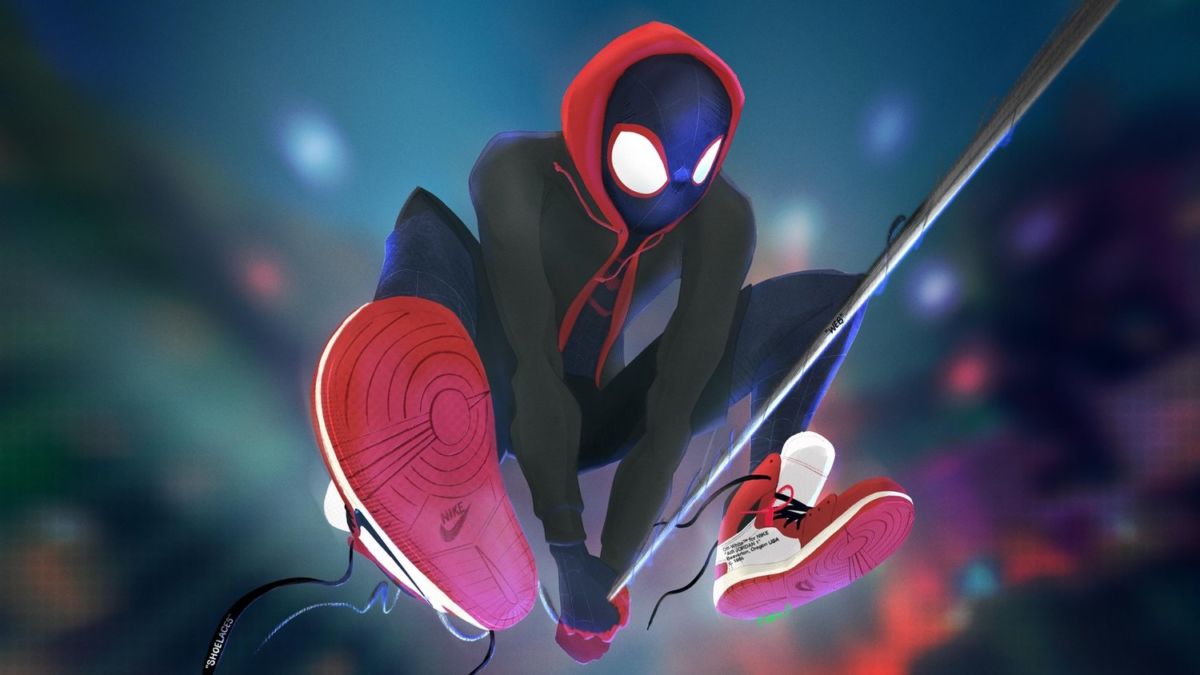Over the past two decades, Spider-Man has dominated the box office. From the first Spider-Man movie in 2001, to the recently released Spider-Man: Far From Home, audiences have had no shortage of Spidey films to enjoy. Among those many films are four different franchises, all with their different takes on the beloved character.
With each franchise carrying many pros and cons, now would be a good time to look back and see who did it best.
The Raimi Trilogy (Spider-Man, Spider-Man 2, Spider-Man 3)
The first “proper” cinematic interpretation, the original Spider-Man trilogy was a very faithful adaptation. The strength of this franchise is its heart. A near perfect adaptation of Spider-Man’s origin story in the first movie laid the groundwork for an emotional journey that unfortunately culminated in the lackluster Spider-Man 3.
Forgetting about the third movie for a moment, this franchise had many strengths. Tobey Maguire perfectly portrayed the dorky Peter Parker. Sam Raimi’s history as a horror director helped him make the villains terrifying to behold. The death of Uncle Ben was pitch perfect, and really helped illustrate a strong motivation for the character throughout the series. Spider-Man 2 was, for a long time, thought to be one of the greatest superhero movies of all time.
Though for some this is the best of the Spider-Man franchises, it did have its setbacks. For starters, Spidey wasn’t funny enough. Known in the comics for his comedic banter and mid-battle “quips”, Maguire’s Spider-Man didn’t quite follow suit. Sure he made a joke every now and then, but it didn’t quite live up to the original comic character. Another setback was the limited scope of the series. Fans love seeing Spider-Man as a part of a bigger universe. In this series, it seemed like he was the world’s only superhero.
The final and most noteworthy setback was Spider-Man 3. Filled with too many villains, cringy dancing scenes and not enough character development, this final installment killed the franchise. Coming after arguably the best Spider-Man film in Spider-Man 2, this third installment could not have been more of a disappointment.
The Amazing Spider-Man 1 & 2
After Spider-Man 3 debuted to many harsh reviews, Sony decided to reboot the franchise. The first movie in this new reboot was The Amazing Spider-Man. Starring the loveable Andrew Garfield in the place of Tobey Maguire, this new iteration had a lot of potential for success. However, it fell flat.
Clearly plagued by too much studio interference, these newer movies made many strange choices about the character. For instance, Peter was now a skateboarder. Instead of a nerdy reject, the studio wanted to make Parker a “cool”, misunderstood outcast. The Spider-Man suit was given a strange looking revamp. Also, these new films decided to focus on the mystery of his parents’ death, a storyline from the comics that no one remembers because at the time they debuted nobody cared. The Amazing Spider-Man 2 suffered many of the same problems as Spider-Man 3, except more so.
Despite the criticisms, this second franchise also had its own unique strengths. Spider-Man was more of a jokester. His relationship with Gwen Stacy, played by Emma Stone, was perfect. Their chemistry was one of the highlights of the franchise. When Andrew Garfield was in the suit, he felt like a more faithful version of the character than we had ever seen before. However, when he was out of the suit, he felt nothing like Peter Parker.
The one final and biggest demerit of the franchise is how they handled Spider-Man’s origins. The second installment of this franchise makes a point to say that only Peter Parker could have become Spider-Man. His DNA was specially suited to gain the powers. The whole point of Spider-Man is that he could be any of us. In fact, that is why Stan Lee wanted the suit to cover his whole body. He wanted children to see the suit and, no matter what they looked like, imagine that they could be wearing it.
The MCU (Captain America: Civil War, Spider-Man: Homecoming, Avengers: Infinity War, Avengers: Engame, Spider-Man: Far From Home)
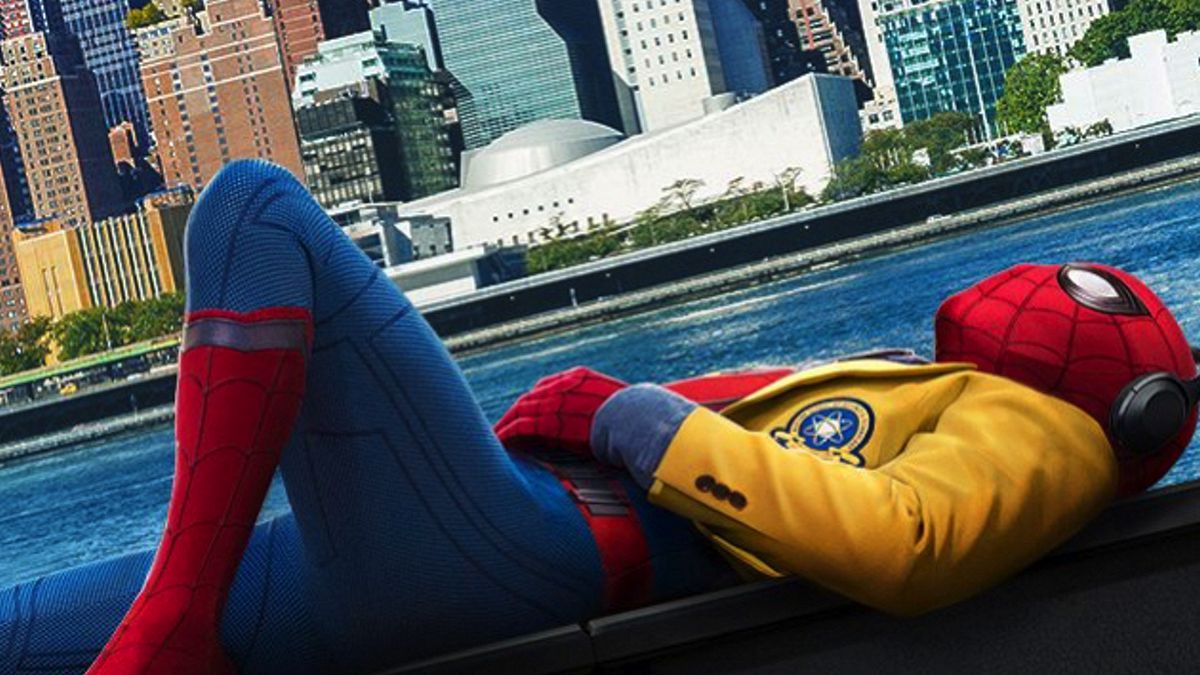
When Sony and Marvel came to an agreement to place Spider-Man into the Marvel Cinematic Universe, comic book fans could not have been more thrilled. He was finally coming home.
The casting of Tom Holland also gave fans something they had never seen before: an age appropriate Peter Parker. Both Andrew Garfield and Tobey Maguire were near their 30s when they played the character. Casting a younger actor felt much more authentic. Marvel deciding to keep him in high school for several years felt fresh as well. Their cinematic universe had yet to feature a superhero so young.
Inspired by movies such as Ferris Bueller’s Day Off, these Spider-Man films have done an amazing job of blending teen and superhero drama. There are many great examples of this being an exciting combination — the memorable scene of Michael Keeton’s Vulture threatening Tom Holland’s Peter Parker while giving him a ride to the school dance comes to mind.
Tom Holland is the first actor to perfectly pull off the duality of Spider-Man. He makes for a perfectly awkward, nerdy Peter, but also an overconfident, quippy Spider-Man.
Unfortunately, in order to set itself apart from the rest, this franchise has made some big mistakes. For starters, they completely erased Uncle Ben. Audiences have seen the death of Uncle Ben twice since 2001, and Marvel Studios thought that reliving the tragic event would feel a little too redundant. They were probably right, but they took things a step further. Uncle Ben’s name is not even mentioned in the MCU. The tragic death of his father figure is what makes Spider-Man interesting, especially since it was Peter’s own fault. This guilt is what drives Spider-Man to never neglect his responsibility ever again.
Without this driving force, the MCU’s Spider-Man feels emotionally lacking. He’s just a kid with powers. The tragic origin of the character is what makes him interesting. Without it, there’s not as much emotional depth.
While the latest installment hopes to replace the impact of Uncle Ben’s death with the death of Tony Stark, it still manages to fall flat. What made Uncle Ben’s death special was Peter’s culpability. He had nothing to do with Tony’s death, committed no irresponsible action that led to his passing, leaving no underlying character motivation to drive him forward.
Spider-Man: Into the Spider-Verse
The only animated film of all these franchises, Spider-Man: Into the Spider-Verse still proves to be the best of the best. Arriving to theaters in 2018, this animated film turned out to be a surprise success.
Instead of featuring Peter Parker, this film instead focuses its attention on the origins of Miles Morales, another superpowered teenager that takes up the mantle of Spider-Man. Although he isn’t Parker, this origin story has everything that makes Spider-Man special. There’s lots of heart, he’s motivated by a loving family; we even get to see lots of teen drama with Miles being in high school. Miles also tragically loses his uncle to a gunshot, motivating him to be a better hero.
It’s a new spin on the classic story. For die hard Peter Parker fans, this film pleases as well. We get to see a middle aged Peter deal with marriage problems, a fresh new take on an age old character. Jake Johnson makes for a perfect Parker. His blend of loser and quipping hero is pitch perfect. His voice also sprinkles in some experience and weariness, adding a fun new dimension to Parker.
Into the Spider-Verse nails everything perfectly: from the heartfelt moments, to the funny quips, great action, compelling teen drama, an interconnected universe and great storytelling. This movie had everything. If only the live action movies could’ve done the same, though the MCU may still have a chance. Hopefully they take some notes from Into the Spider-Verse for the MCU’s third film.
Some of the coverage you find on Cultured Vultures contains affiliate links, which provide us with small commissions based on purchases made from visiting our site.
